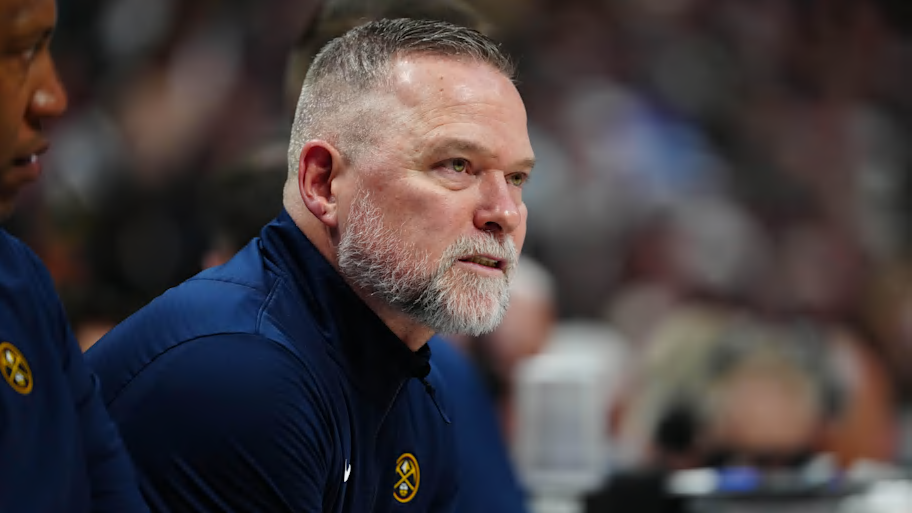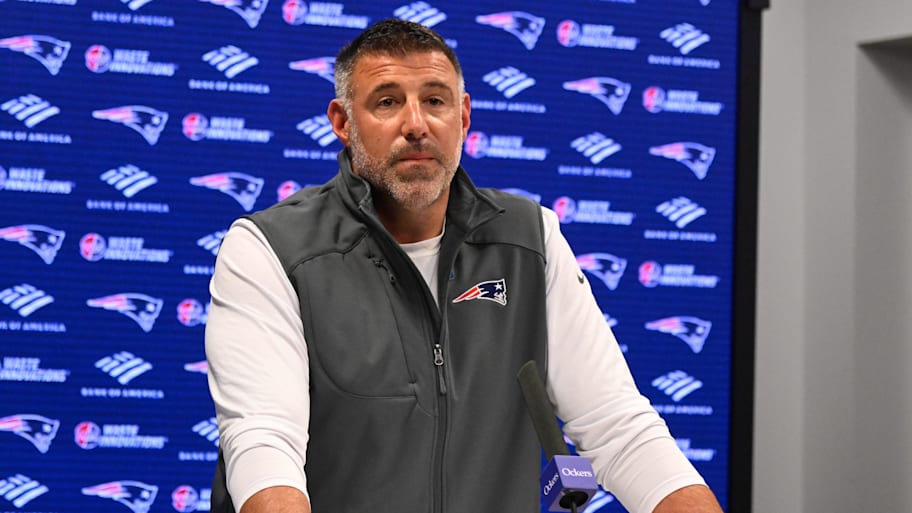Although Jean-Claude Killy entered the 1968 Winter Games without any Olympic medals, the Frenchman was the heavy favorite amongst the male Alpine skiers in Grenoble. Despite controversy in the slalom run, Killy finished with three gold medals and became the most decorated Winter Olympian of 1968.
Killy was born in 1943 Saint-Cloud, France, a suburb of Paris that was then occupied by Nazi Germany. Killy’s father Robert, was a Spitfire pilot for the Free France during the war, but once the war ended, he moved the family to Val d’Isère in the French Alps. In Val d’Isère, the same hometown as 1948 Olympic gold medalist Henri Oreiller, Killy began skiing at a young age.
Tragedy and triumph quickly became common throughout Killy’s younger life. When he was 14, he was selected to compete in an international junior’s competition in Cortina, Italy. It was supposed to be a breakout moment in his young career, but he broke his leg during the downhill competition. Two years later, he dominated the French junior championships, earning first place in: slalom, giant slalom, downhill and combined skiing (combined was not featured in the Winter Olympics from 1952-1988). But later that year, Killy was driving a car he borrowed when he skidded on an icy road before getting tossed and overturned. His best friend was killed in the passenger seat, but Jean-Claude -who didn’t have a license-was uninjured.
In 1962, Killy suffered a broken leg just weeks before the World Championships and was forced to watch on crutches. Later that summer, he would serve in a required term in the French Army, touring in Algeria. In Algeria, he was exposed to amoebic dysentery and hepatitis that would plague his skiing career for a few years.
Killy made his Olympic debut at the 1964 Innsbruck Olympic Games. His coaches did not expect the 20-year-old to necessarily receive medals, but they saw it as a learning experience in order to prepare him for the 1968 Games. In the three events, he earned fifth place finish in giant slalom but struggled in downhill (42nd) and slalom (disqualified). He showed signs that the diseases he contracted in Algeria still affected his skiing.
Killy dominated every discipline of alpine skiing at the 1966 World Championships, winning gold in the combined and downhill events and placing in fifth in the giant slalom. In 1967, the International Ski Federation held their inaugural World Cup season and Killy dictated the lead throughout: winning 12 of 16 meets and placing in first in each discipline at the end of the season, running away as the overall winner. The Frenchman was finally at the top of his game, ready for the 1968 Winter Olympics at Grenoble.
The downhill race was the first of the three alpine skiing events at the 1968 Winter Games. In a warm-up run, he scraped off most of the wax from his skis after hitting an ice patch down the mountain. It was too late for Killy to fix his gear and only a tremendous start could keep him in the hunt for a medal.
“I knew the wax was almost all gone… and I decided I might as well ski as if all hope was gone, too,” Killy told Sports Illustrated in 1990. “My start was tremendous, and I took every risk I could find on the course.”
Despite slowing down with every meter of snow he touched, Killy would ultimately hold off his teammate Guy Perillat by .08 seconds to capture his first gold medal. One down, two to go. Next, he dominated the giant slalom event, winning gold by a two-second margin over second place.
On Feb. 17, 1968 the conditions were so dreadful for the slalom event that many of the racers pleaded with officials to postpone the contest. After being denied their request, the racers continued down the mountain, Killy scored a time of 1:39:73, which didn’t seem good enough to win gold. Hakon Mjon of Norway bested Killy’s run, but was disqualified for missing two gates. Austrian skier Karl Schranz was the only competitor standing in the way of Killy’s Alpine sweep. After the first run, Shranz was .32 seconds behind Killy’s pace and on his second run Schranz stopped in the middle of the course. He claimed that someone -or something- had crossed the foggy course.
“I was hypnotized by the dark shadow I saw ahead. It is possible that for the moment I missed a gate to avoid it,” said Schranz at the following press conference.
Schranz was granted another try and, according the Olympic historians, skied a perfect run down the mountain, beating Killy’s time and the Austrian was the unofficial winner. Killy was left in tears with the belief that he fell short on his goal of completing the skiing trifecta.
Two hours after the race it was announced that Schranz had been disqualified from the slalom event completely. Shock and outrage poured through the Austrian Olympic team, but officials claimed that Schranz had missed two gates prior to stopping on the first attempt of his second run. Therefore, the second “perfect” attempt did not count and Killy won gold.
Jean-Claude Killy became only the second skier to win three golds in the same Olympics after Toni Sailer completed the same feat in 1956. Killy would ultimately be the most decorated Olympian in front of his home crowd at the Grenoble Olympics.
Killy finished the 1968 season winning back-to-back World Cup titles and sweeping the 1968 World Championship before retiring at the end of the year at age 24. His fame would only grow after his retirement; he gained endorsements, appeared in movies, made TV shows, had a short stint in auto racing and he made his own clothing line. Through all of his success and his good looks, he became an icon well beyond his Olympic years in the 60s.
From 1977-1994, he was a member of the executive board for the Alpine Skiing committee within the International Skiing Federation (FIS). He also served as the co-president for the 1992 Winter Olympics held in Albertville, France, which is just 50 miles from his hometown, Val d’Isère. Then from 1995-2014, he served as a member of the International Olympic Committee.
Jean-Claude Killy will be most remembered as one of the greatest Alpine skiers to ever compete.
“In a starting gate,” he told Sports Illustrated in 1967, “it never occurs to me that I will not be first.”








































































